Even though decades pass, some stories and books are ageless. Reading is more than just a hobby, as books also help us manage mental illness and overcome stress-related problems in our daily lives. Jean A. Pardeck, in a 1994 article entitled “Using Literature to Help Adolescents Cope with Problems,” defined bibliotherapy as the use of literature to “help people cope with emotional problems, mental diseases, or changes in their lives”. In this piece, I would love to present you a reading list recommendation of some of my favorites as we have unfortunately not left the pandemic days behind us yet, and these books are a great way to feel better in the new year.
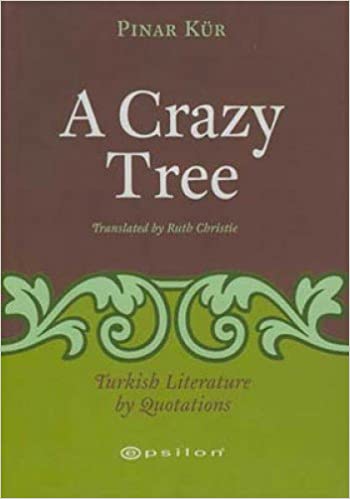
A Crazy Tree (Pınar Kür)
Unfinished lives, untied knots, loves that got stuck in the past… A Crazy Tree tells us bitter love stories dominated by loneliness. Pınar Kür inevitably pushes the reader to question his/her own life. Can we see love as a branch we hold to protect ourselves from falling into the void of life? This book presents us the first stories of Pınar Kür.
Black Milk (Elif Şafak)
Black Milk tells us the story of the author who has newly given birth. Postpartum depression affects millions of new mothers, and Elif Şafak also went through such experiences despite never expecting it. Şafak shares her own inner voices on the relationship of motherhood and creativity.
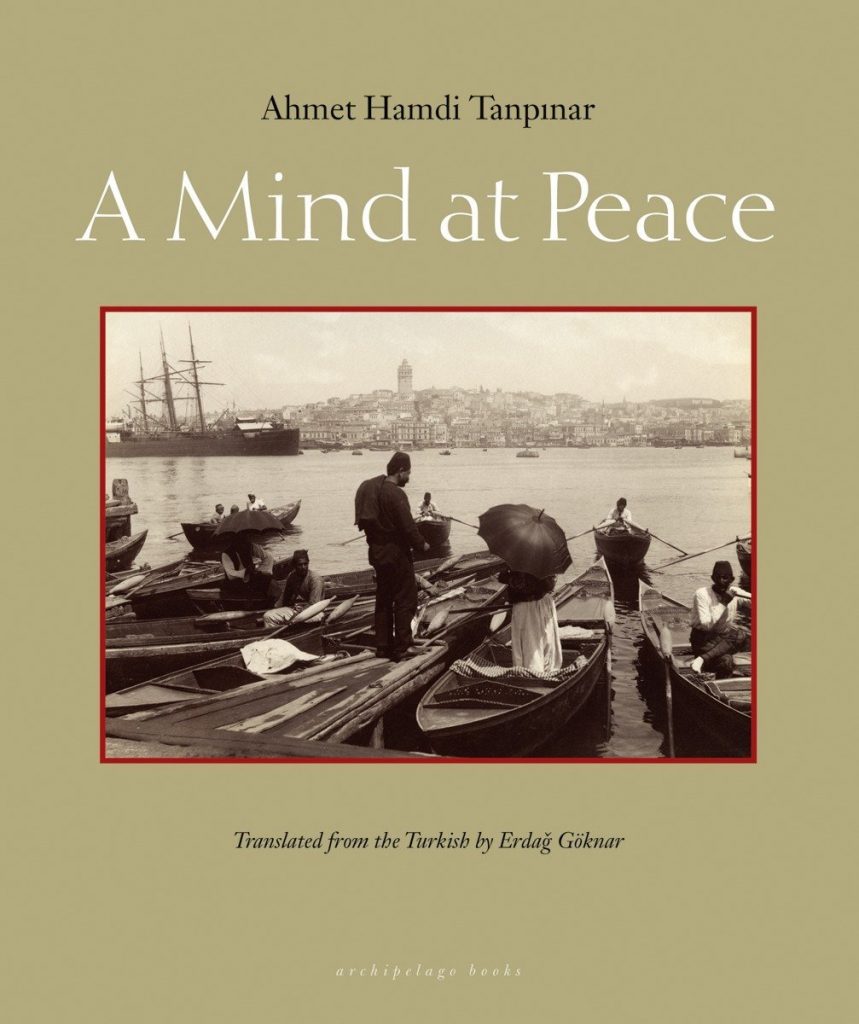
A Mind At Peace (Ahmet Hamdi Tanpınar)
A Mind at Peace tells the story of Mümtaz. Mümtaz faces tragic experiences while trying to reach out to his beloved, Nuran. Mümtaz represents a problematic generation that has had dilemmas of rejection and acceptance in post-Republic culture, and as an Istanbulite is looking for a solution to the problem of existence in general.
The Traveler (Sadık Yolsuzuçanlar)
The Traveler tells us the story of Muhyiddin Ibn Arabi and his travels around the world. Sadık Yolsuzuçanlar shows us the development of a spiritually mature and profound man from beginning to end in a very vivid way. Ibn Arabi’s spiritual journey can also be regarded as the story of human beings. Arabi’s trips to Morocco, Damascus, Baghdad, Mecca, Malatya, and Konya are richly narrated in the book. Each of these trips create both material changes of location and also spiritual developments.
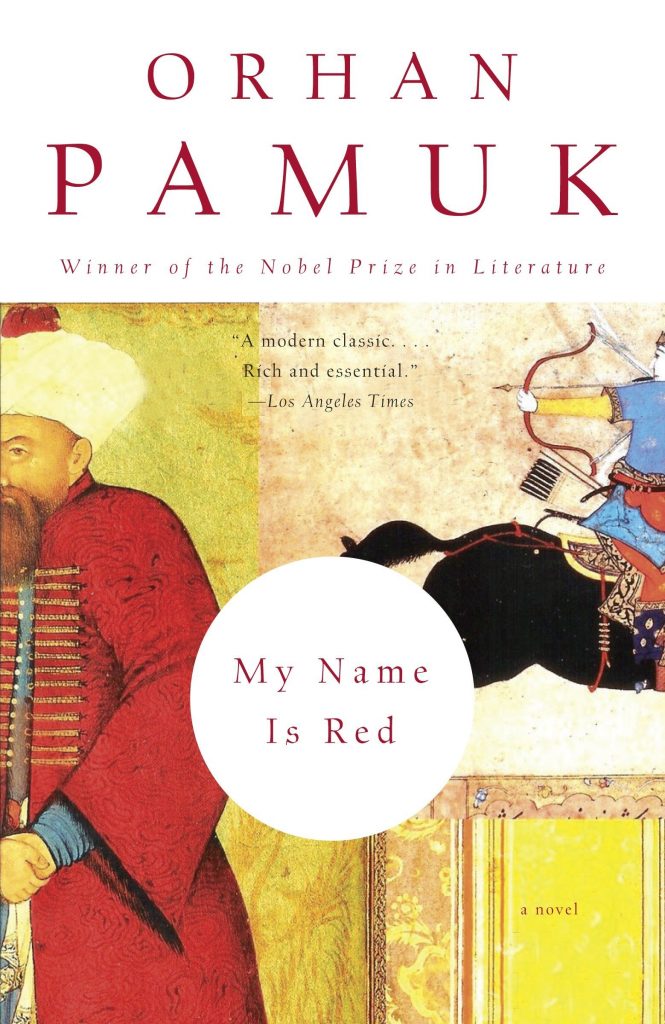
My Name is Red (Orhan Pamuk)
My Name is Red tells us an intriguing story set on the backdrop of Ottoman Sultan Murat III’s reign. The palace calligraphers and miniaturists secretly make paintings with European influence for a book prepared at the Sultan’s order. However this is a dangerous proposition in those years. My Name is Red is among Pamuk’s most iconic works and has been translated into more than 60 languages.
Islam Without Extremes: A Muslim Case for Liberty (Mustafa Akyol)
Mustafa Akyol in his book traces the ideological and historical roots of political Islam in a large time span. The years following Prophet Muhammad’s passing in 632 AD saw a clash of ideas rage between rationalist schools of Islam and the more dogmatic ones. Akyol discovers a flourishing of liberalism in the nineteenth-century Ottoman Empire and the unique political Islam experiment of today’s Turkey.
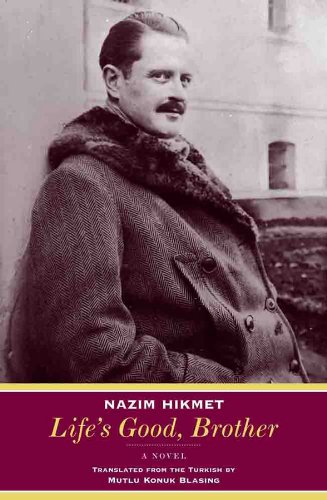
Life’s Good, Brother (Nazım Hikmet)
Life’s Good, Brother is an autobiographical novel about a man who is imprisoned for being a Communist. Nâzım Hikmet presents his views of the individual, society and life from a historical-dialectical perspective in this novel. You can follow the ideological traces of Nazım Hikmet in this book in a literal way.
The Drop That Became the Sea: Lyric Poems (Yunus Emre)
This collection of poems introduces Yunus Emre (1240-1321) to the general readership. In this book, you will find Yunus Emre’s verses with the spirit and philosophy of Islamic mysticism in a vivid language.
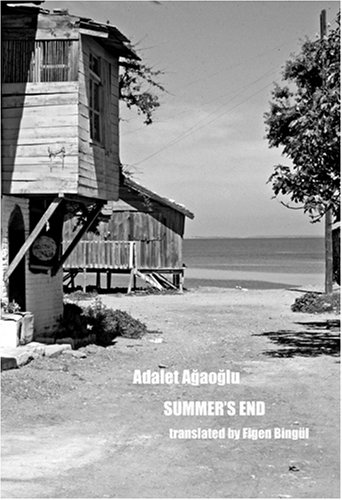
Summer’s End (Adalet Ağaoğlu)
First published in 1980, Summer’s End focuses on the issue of finding happiness amidst the realities of society. Adalet Ağaoğlu presents the readers a complex, multi-dimensional, and multi-leveled view of cultural and political values along with personal dilemmas.
The Disconnected (Oğuz Atay)
The Disconnected is Oğuz Atay’s first novel. The first publication of the book was released in two volumes in 1971. It can be seen as one of the most important works of modern Turkish literature. This book rather than displaying a specific event presents impressions, associations, satires, and details. In this regard, it is difficult to summarize. However, the plot of the novel can be briefly summarized as follows: Engineer Turgut Özben reads in the newspapers that his close friend Selim Işık shot himself with a gun. Turgut wonders the reasons for this suicide. For this purpose, he engages himself with research on the matter.
Do you have other reading suggestions for us? Please let us know in the comments.









